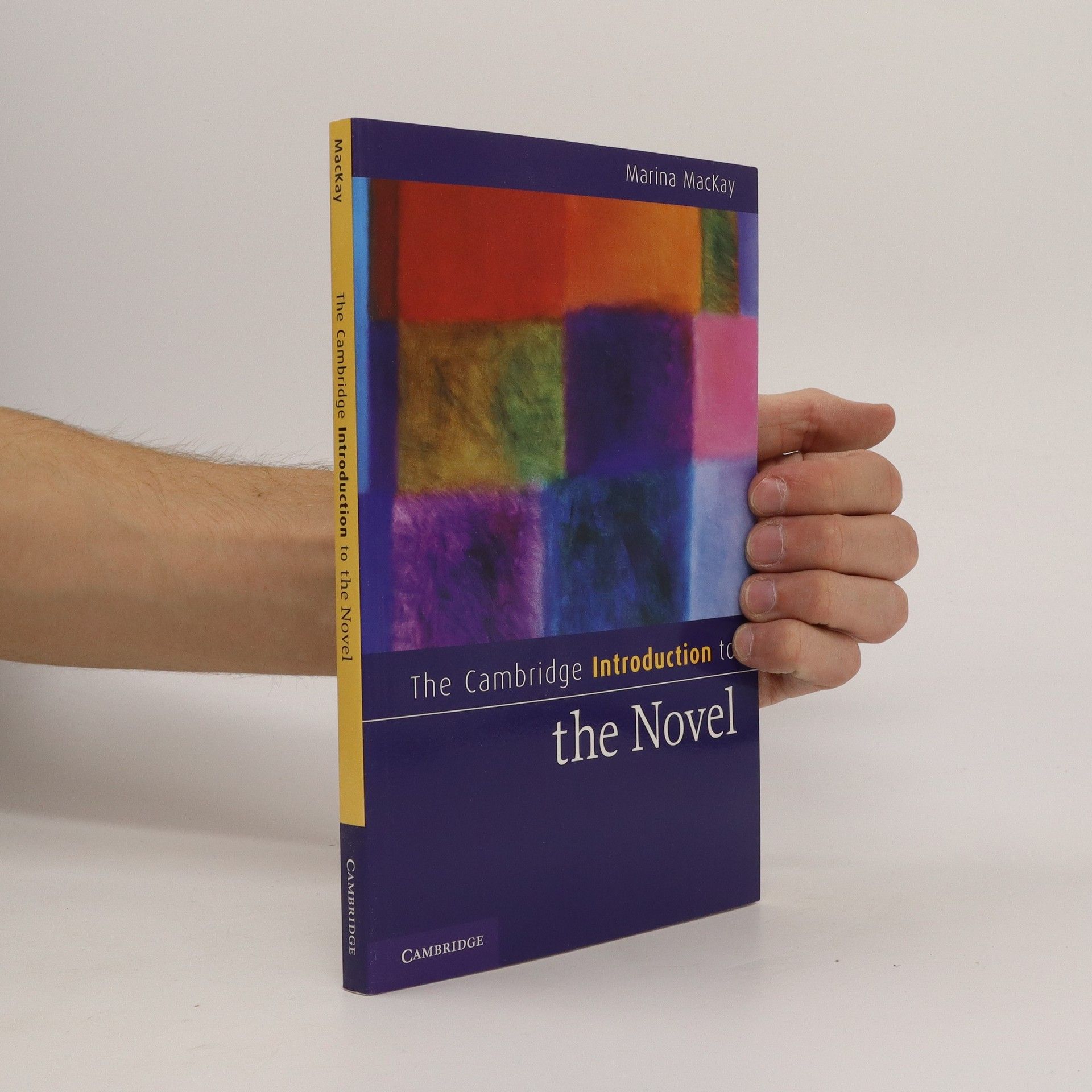Beginning its life as the sensational entertainment of the eighteenth century, the novel has become the major literary genre of modern times. Drawing on hundreds of examples of famous novels from all over the world, Marina MacKay explores the essential aspects of the novel and its history: where novels came from and why we read them; how we think about their styles and techniques, their people, plots, places, and politics. Between the main chapters are longer readings of individual works, from Don Quixote to Midnight's Children. A glossary of key terms and a guide to further reading are included, making this an ideal accompaniment to introductory courses on the novel.
Marina MacKay Livres


Modernism, War, and Violence
- 184pages
- 7 heures de lecture
The modernist period was an era of world war and violent revolution. Covering a wide range of authors from Joseph Conrad and Thomas Hardy at the beginning of the period to Elizabeth Bowen and Samuel Beckett at the end, this book situates modernism's extraordinary literary achievements in their contexts of historical violence, while surveying the ways in which the relationships between modernism and conflict have been understood by readers and critics over the past fifty years. Ranging from the colonial conflicts of the late 19th century to the world wars and the civil wars in between, and concluding with the institutionalization of modernism in the Cold War, Modernism, War, and Violence provides a starting point for readers who are new to these topics and offers a comprehensive and up-to-date survey of the field for a more advanced audience.